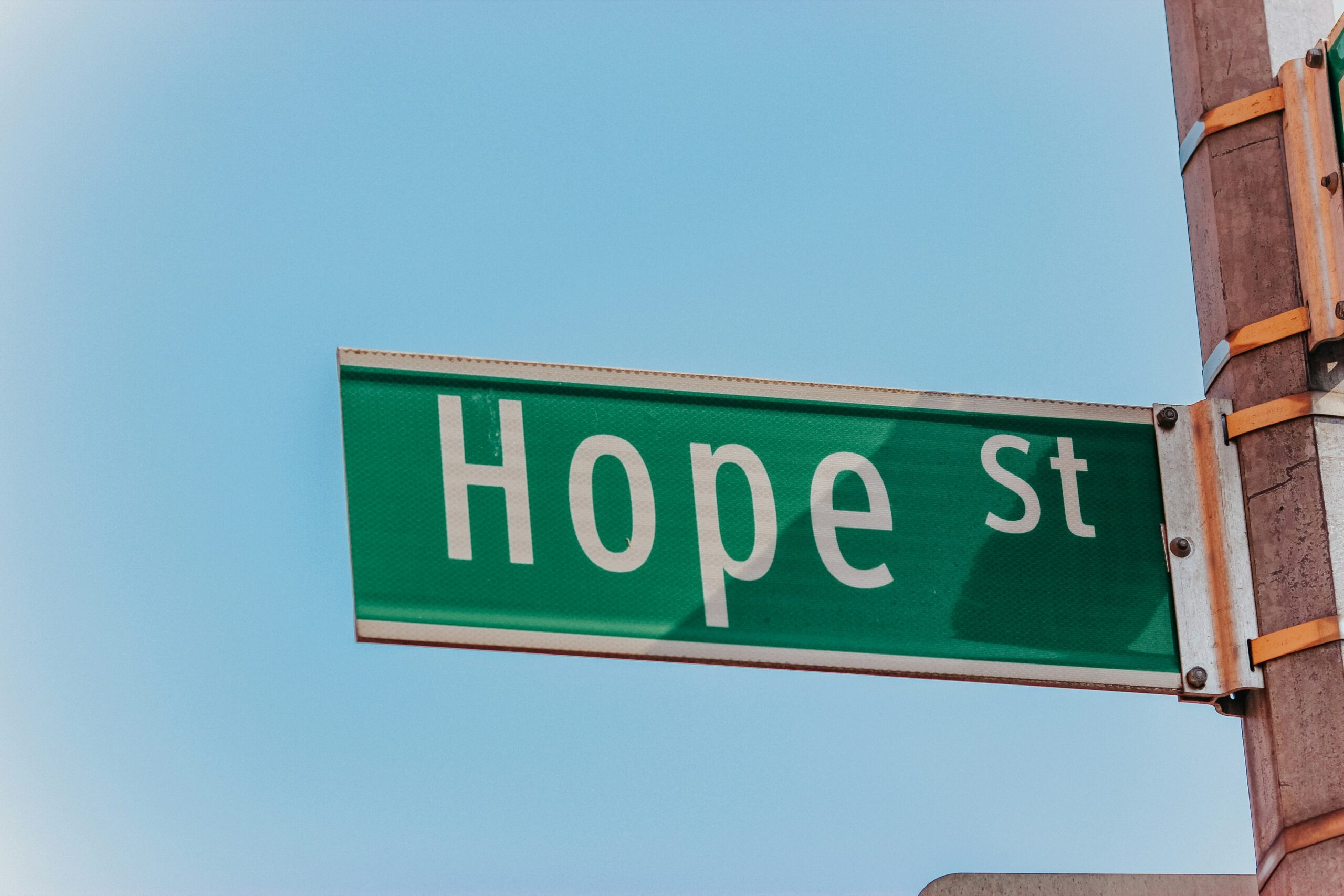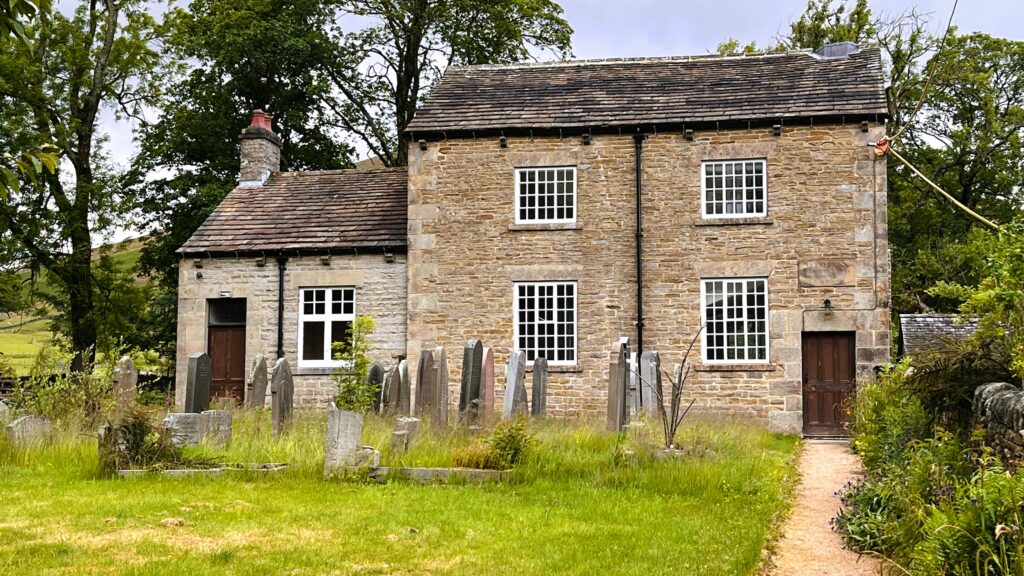Ethics Of Hope by Kim Reisman

Scripture Focus:
Our Father in heaven, may your name be kept holy. May your Kingdom come soon. May your will be done on earth, as it is in heaven. Give us today the food we need, and forgive us our sins, as we have forgiven those who sin against us. And don’t let us yield to temptation, but rescue us from the evil one.
Matthew 6:9-13 (NLT)
Christians the word over, in various words, pray the above prayer, adding, “For thine is the kingdom, and the power, and the glory for ever and ever.” We call it The Lord’s Prayer. In this prayer we make the petition, “May your Kingdom come soon. May your will be done on earth, as it is in heaven.” It’s obvious that this prayer is yet to be answered. Things are not as they should be; life is certainly not as God intended it to be.
Last week we reflected on the difference between secular optimism and Christian hope. The condition of the world offers no cause for optimism. For all of our progress, there is still brokenness – it’s just new brokenness in new places. And yet, the reality and power of God offers every reason for hope. Because the hard world gives no sign of hope, there is no excuse Christians have to sit back, fold their arms and do nothing except complain and judge.
If we believe and trust God enough to pray, “May your Kingdom come soon. May your will be done,” then we must order our lives and relationships, establish our priorities, and use our resources as though the kingdom had come. Thus, we reflect (albeit only partially) in this earthly order that which already exists in the heavenly realm. We practice what someone has designated the “ethics of hope.”
We feed the hungry and let them know a better day is coming.
We stand in solidarity with the oppressed, ministering to them in every way possible and letting them know that deliverance will one day come.
We go to the lonely, the sick, the dying, and tell them in words and deeds, and by our presence, they are loved.
Our presence and ministry will be signs, however limited, of hope. We will be witnesses to the coming Reign of God that we do not bring, but is the will and work of God. As Christians, we don’t hunker down in retreat or wring our hands in despair, no matter what is going on in the world. We have only two legitimate positions – on our knees in prayer, saying “Lord, have mercy on me, a sinner,” or on our feet, standing erect, saying, “Here am I, Lord, send me.” Despair paralyzes. Hope mobilizes. Christians have hope.
In his resurrection, Jesus Christ has conquered death and has given us a guarantee of life everlasting, and a kingdom that will know no end, a kingdom where all of creation – the entire universe – will be made new and nothing can separate us from the love of God in Christ Jesus.
Everything that touches our fear and anxiety – from growing older to not having enough food, from the specter of random crime and violence to short tempers that fly when our comfort zone is invaded – it all has its roots in our fear of death, the ultimate enemy.
This death has a thousand faces. But because Jesus endured to the ultimate extent his undeserved death and because God raised Jesus from the dead, we can live in the power of the resurrection and eternity under God’s rule, we can lose our fear of death and trust God to save us now and forever. This is Christian hope.
As you pray and fast, reflect on the petition, “May your Kingdom come soon.” Think about the areas in your family and community where it is obvious that the kingdom has not come. What “ethics of hope” might you practice in relation to these? I pray you will be a sign of hope, through your words, through your deeds, and through your presence.
Subscribe
Get articles about mission, evangelism, leadership, discipleship and prayer delivered directly to your inbox – for free




